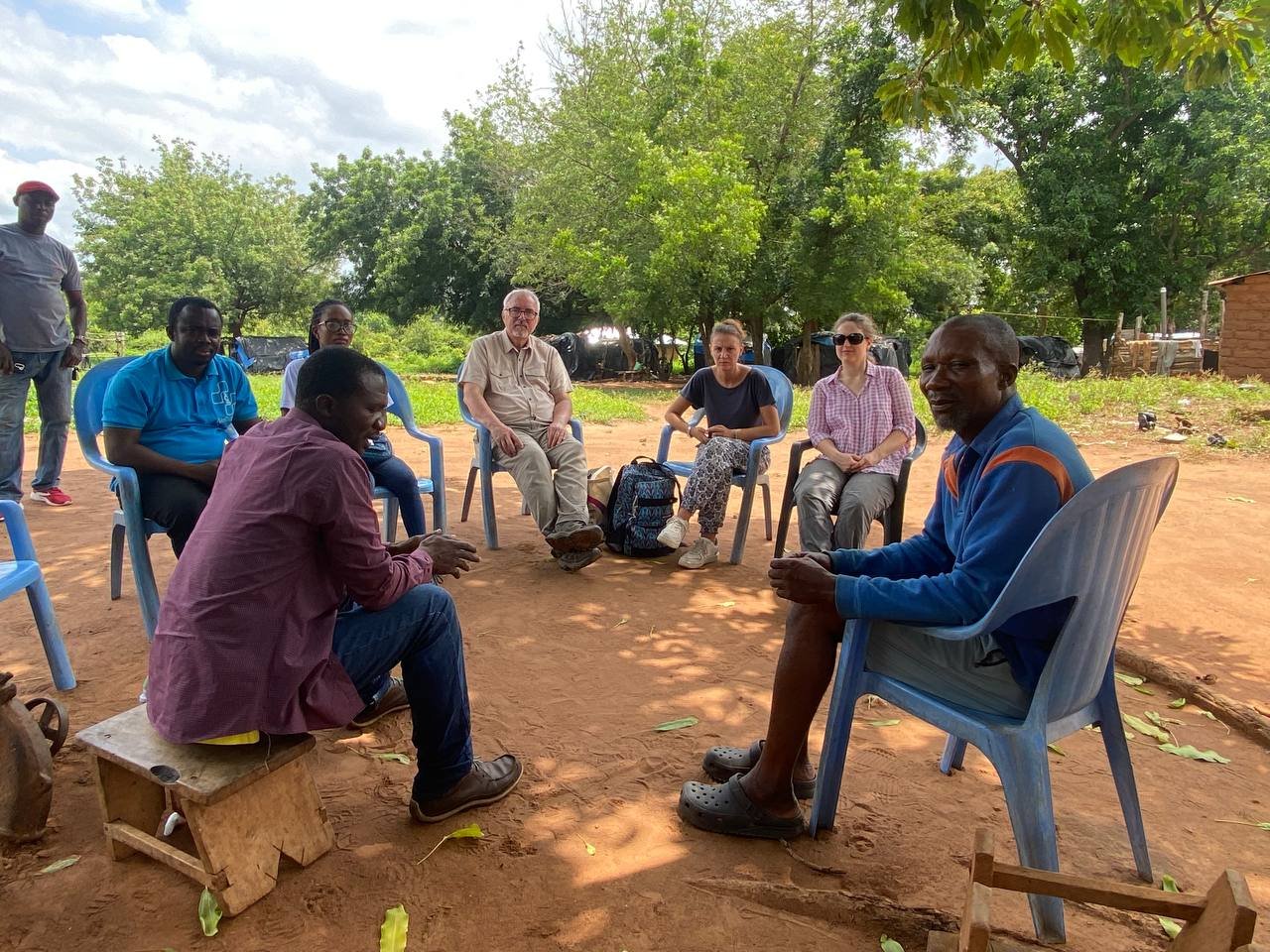
Background: In
this study we are evaluating the potential impact of the current
COVID-19-induced delay in Community Directed Treatment with ivermectin (CDTi)
on the onchocerciasis elimination targets in Ghana. This has become necessary
because, in response to the current COVID-19 pandemic, the World Health
Organization (WHO) has stated that community-based surveys, active case-finding
activities and mass treatment campaigns for neglected tropical diseases (NTDs)
such as onchocerciasis be postponed until further notice. Though this decision
was necessary to help curb the spread of the COVID-19 pandemic, there is the
risk of losing the gains of interruption or elimination of onchocerciasis
transmission set forth in the recent WHO roadmap on Neglected Tropical Diseases
(NTDs) for the period 2021–2030. The study will be carried out in 6 communities
of the Wenchi, Banda and Tain districts of the Bono Region of Ghana. These
communities are currently mesoendemic for onchocerciasis, with biannual mass
drug administration programmes since 2010. Currently, these programmes have
been suspended in compliance with the WHO recommendation to temporarily suspend
all such activities. We, therefore, propose to investigate microfilarial
intensity and prevalence of onchocerciasis in the study communities in Ghana
prior to CDTi interruption (via transmission modelling), and (empirically)
before CDTi resumption and after 6 months following resumption, and compare
with modelled data on infection trends with and without interruption. The safe
piloting of CDTi resumption in the study communities will be done using optimal
mitigation strategies identified by modelling and in collaboration with the
National NTD programme. Data analyses will be done using R and the EPIONCHO-IBM
model (which also uses R). The study will use EPIONCHO-IBM to predict the
prevalence and intensity of Onchocerca volvulus infection before the
COVID-19 induced interruption, evaluate the duration of the interruption, and
measure empirically the prevalence and intensity of infection at the restart of
the programme and 6 months later. The study will then use transmission
modelling to determine the best mitigation strategies and make policy and
implementation recommendations to the national NTD control programme,
government and other stakeholders to enable planning and implementation
necessary to mitigate the impact of delays in CDTi and sustain programmatic
gains



















